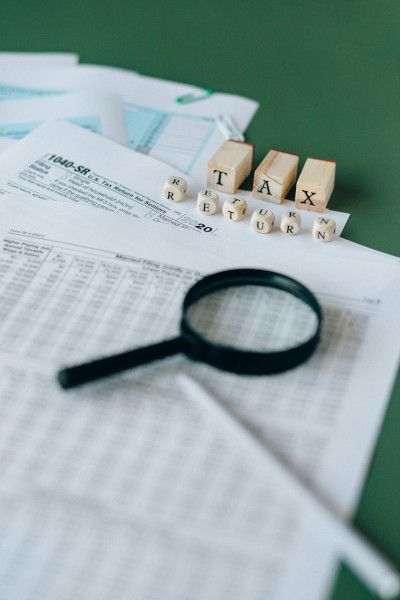
Which Tax Records Do You Need to Keep?
Nashua, NH Resident Has Questions About Proper Tax Documentation
It is important to keep a copy of the tax return itself for at least three years and seven years if you are claiming for a loss. There are also supporting documents that you will want to hold onto for several years. These include W2s, 1099s, and bank statements. Keep copies of the invoices, receipts, or canceled checks for those expenses that you have deducted on your tax return. If you own your own home, closing statements, tax assessments, and home improvement receipts if used as a deduction should be kept. Documentation from investment and retirement accounts, including brokerage statements and 1099s, should also be filed away for safekeeping.
A Nashua resident was looking to purge some of the clutter in her home. She discovered an old box of tax returns and other documentation. Not sure if she should shred these items, she contacted the team at Merrimack Tax Associates for advice.
Keep Tax Returns and Their Supporting Documents for at Least Three Years
You should maintain tax returns for at least three years. In addition, you should keep the supporting documentation and paperwork that goes along with that tax return. This way you won’t be left scrambling if the IRS has questions down the road. It can also benefit you to maintain this paperwork in case you discover a tax deduction that was not taken, giving you the opportunity to file an amendment in the future.
When to Keep Your Tax Returns Beyond Three Years
There are some cases where the three-year statute of limitation for IRS audits goes beyond this time. If you have failed to report income that amounts to more than 25% of your gross income, the IRS has up to six years to assess taxes on this additional income. Claiming a credit for a loss from bad debt or worthless securities has a deadline of seven years. If you filed a fraudulent tax return there is no time limit when the IRS can pursue action against you.
As the Nashua resident discovered, it is good practice to retain your tax records and supporting documentation for many years. With this in mind, instead of shredding the documents she has chosen a better organized system for storing these important documents in case she needs to refer back to them in the future.